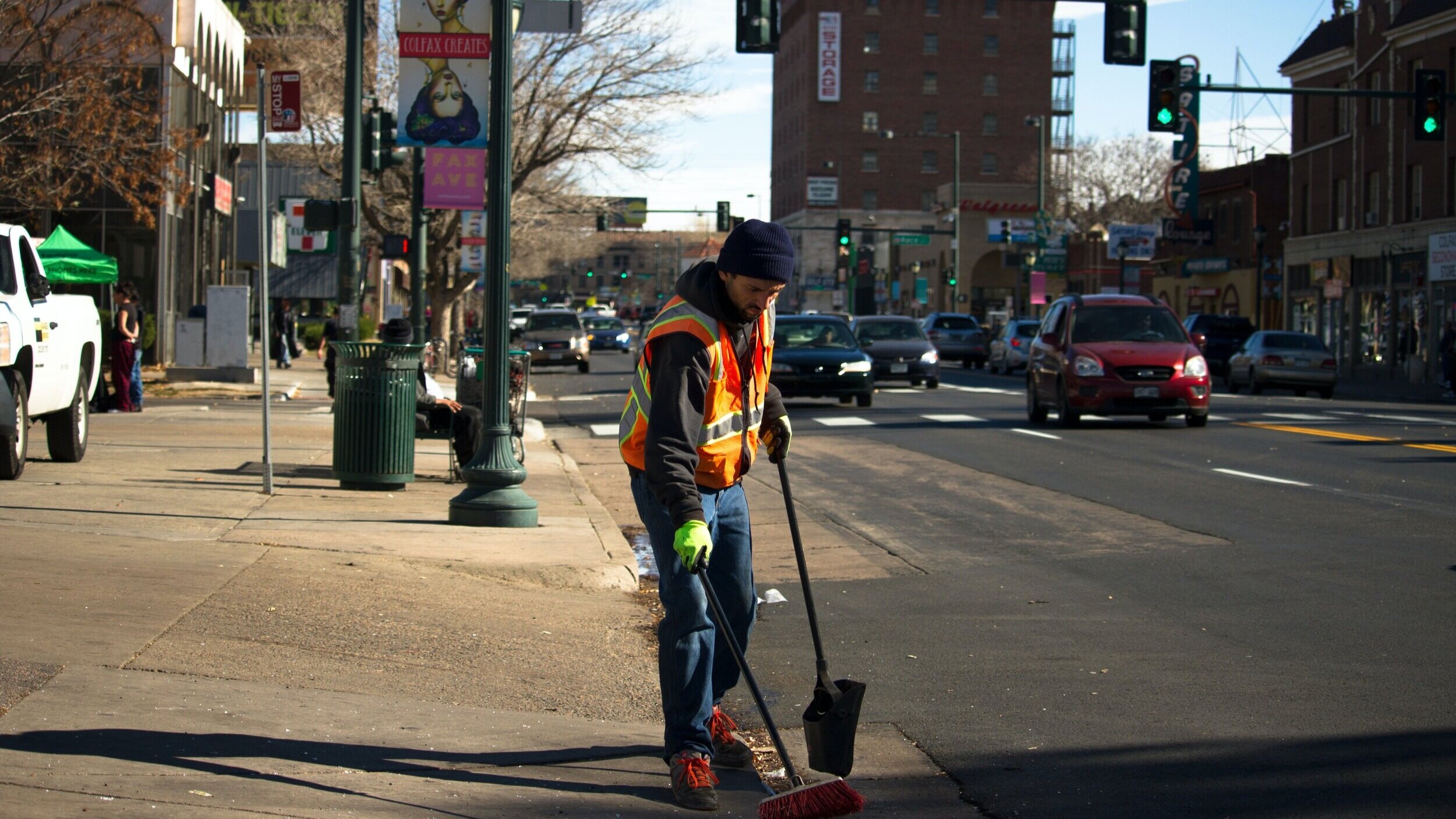With the worrying state of the climate, after a summer of record-breaking heat waves, floods and fires it is urgent that we start to prioritise protecting nature and the planet.
This month marks Organic September, a month-long campaign founded by The Soil Association to raise awareness of the benefits of Organic, and amplify the voices of Organic businesses and their incredible efforts to support nature, wildlife and protect the planet.
There are so many products available, and it’s sometimes hard to trust how ‘Organic’ or ‘Natural’ brands truly are, which is why we have created this guide to Organic Beauty, and the certifications to look out for.
By now we all know Organic is good, but why is it so important?
With wildlife under threat due to habitat loss and pesticide use, Certified Organic beauty is key for a better future for wildlife and biodiversity. Organic farms are havens for wildlife, providing food and homes for many different species and working with natural systems to protect the land and minimise disruption to the natural environment. Certified Organic beauty is not only important for the planet, but also great for nourishing your body and giving it the fresh, organic ingredients we thrive on. Avoid harsh chemical ingredients and synthetics and replace them with the goodness and nutrients sourced from nature.
Certification low-down - How to find out if a product is truly organic:
So, now you know to focus on purchasing Organic Beauty products, but how do you know how Organic it really is? This is exactly why The Soil Association joined with four international partners to create COSMOS: a worldwide standard for Beauty certification, providing complete clarity in the industry for consumers.
For a product to be granted with the COSMOS Organic Certification it undergoes rigorous checking, and at least 95% of all ingredients must be Organic. When shopping, look out for the SA Organic symbol, and purchase with confidence knowing the product really is Organic.
Organic and Natural Beauty all Year-Round:
Choosing Organic Beauty goes beyond September; it is the way forward to a better future for people, plants, the planet and wildlife, which is why BLOMMA Beauty created their Organic Beauty online store, with a carefully curated collection of Organic and Natural brands only! Independent brands and products are chosen based on their ingredients, efficacy, and environmental impact to bring customers the best in Organic and Natural beauty, with a sustainable and ethical ethos.
Natural and Organic ingredients are the best way to give our hair (as well as our skin) the nutrition it truly needs. Built upon this ethos, Vicktesha Cunningham, founder of VTESSIA Cosmetics has created 4 powerful blends made up of 24 Organic cold-pressed oils to formulate their range of hair care solutions. 100% Natural and Cruelty-free, the Hair Growth Oil steers away from ‘the nasty stuff’, with no synthetic fragrances, silicones, parabens or sulphates.
Battling the packaging and plastic issues in the Beauty industry is a whole other story, but Object Beauty are a brand working hard to tackle both in one, by creating Organic, Natural and plastic free beauty essentials, which are kind to people and the planet. Object’s Natural Beauty Bars use ingredients such as Moringa and Jojoba Oil as well as Coconut Milk, to nourish the body with the power of nature.
So next time you’re looking to add a new product into your beauty routine, just remember that nature has your answer, and the answer is Organic.
To learn more about our services, or to get an insight into our clients, head over to our Instagram page.
We believe in shining a light on achievements. There’s one right here! Written by our lovely PR & Social Media Intern Libby Howard.






